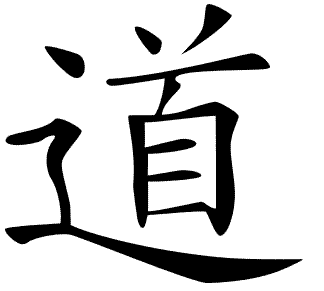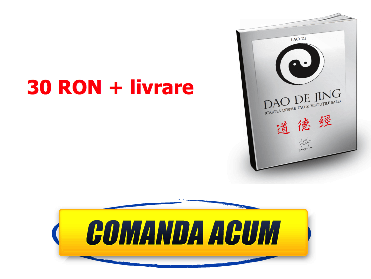 The classical Chinese word Dao could translate to the concrete notion of “road” and to the more figurative sense of “way”, “path” or “method”.
The classical Chinese word Dao could translate to the concrete notion of “road” and to the more figurative sense of “way”, “path” or “method”.
It also had the meaning of “rule” or “principle”. For Daoist thought (Daojia), dao is the fundamental concept, while for religious Daoism (Daojiao) it is the main element of faith, as Dao de Jing reveals. Dao is not an exclusively Daoist concept, but rather a complementary concept for Chinese thought (i.e. Confucius’ Analects).
Dao can also mean “position (ideological or theoretical)” and be translated through the verbs “to speak” or “to say”.
In contemporary Chinese, dao is found in the composition of many dissyllabic words where it maintains the meanings attributed above.
Dao is pronounced “tao” (the same for “Taoism” etc.) but what we used here is the standard system for transcription (namely pinyin).
(Şerban Toader)


I think you should write Dao De Jing, not Dao de Jing since De is just as important. De could be translated as Virtue. Also, the pronunciation in Mandarin Chinese is Dao, Dao is spelled Tao in Wade–Giles”s romanization system where T is pronounced as D.